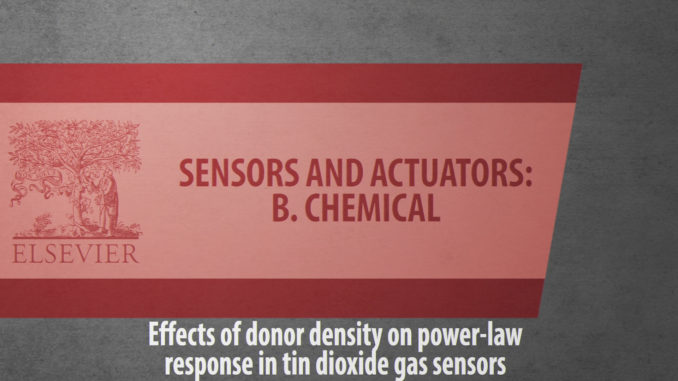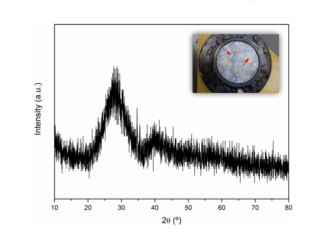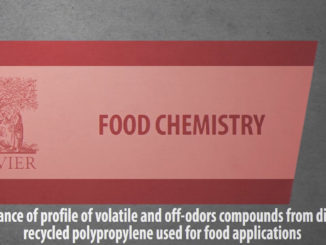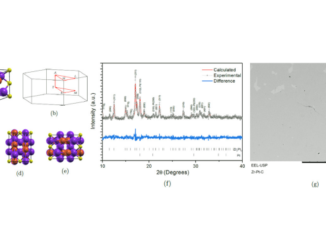
Effects of donor density on power-law response in tin dioxide gas sensors
Abstract: We investigated the power-law responses in two types of tin dioxide (SnO2) films: one made from nanosized grains and another from from very large grains, both under dry air. Experimental results revealed a significant dependence between the sensitivity and the SnO2 grain size. We therefore propose, that the gas sensor sensitivity is not only determined by oxygen chemisorption, but also by changes in the density of oxygen vacancies in response to changes in the ambient gas pressure. Band bendings and adsorbate coverages for different oxygen pressures were derived resorting to the electroneutrality condition, including changes in the concentration of oxygen vacancies within the grains due to the exposure to different oxygen pressure. The consequences for the film conductivity and its power-law response were analyzed and compared with experimental results.
Author(s): Mirabella, D.A.; Desimone, P.M.; Ponce, M.A.; Aldao, C.M.; Silva, L.F.; Catto, A.C.; Longo, E.
Sensors and Actuators B: Chemical
Published: 15 February 2021,Volume 329, 129253
DOI: https://doi.org/10.1016/j.snb.2020.129253
CDMF
The CDMF, hosted at the Federal University of São Carlos (UFSCar), is one of the Research, Innovation and Dissemination Centers (RIDC) supported by the São Paulo State Research Support Foundation (Fapesp), and also receives investment from the National Council Scientific and Technological Development (CNPq), from the National Institute of Science and Technology of Materials in Nanotechnology (INCTMN).




